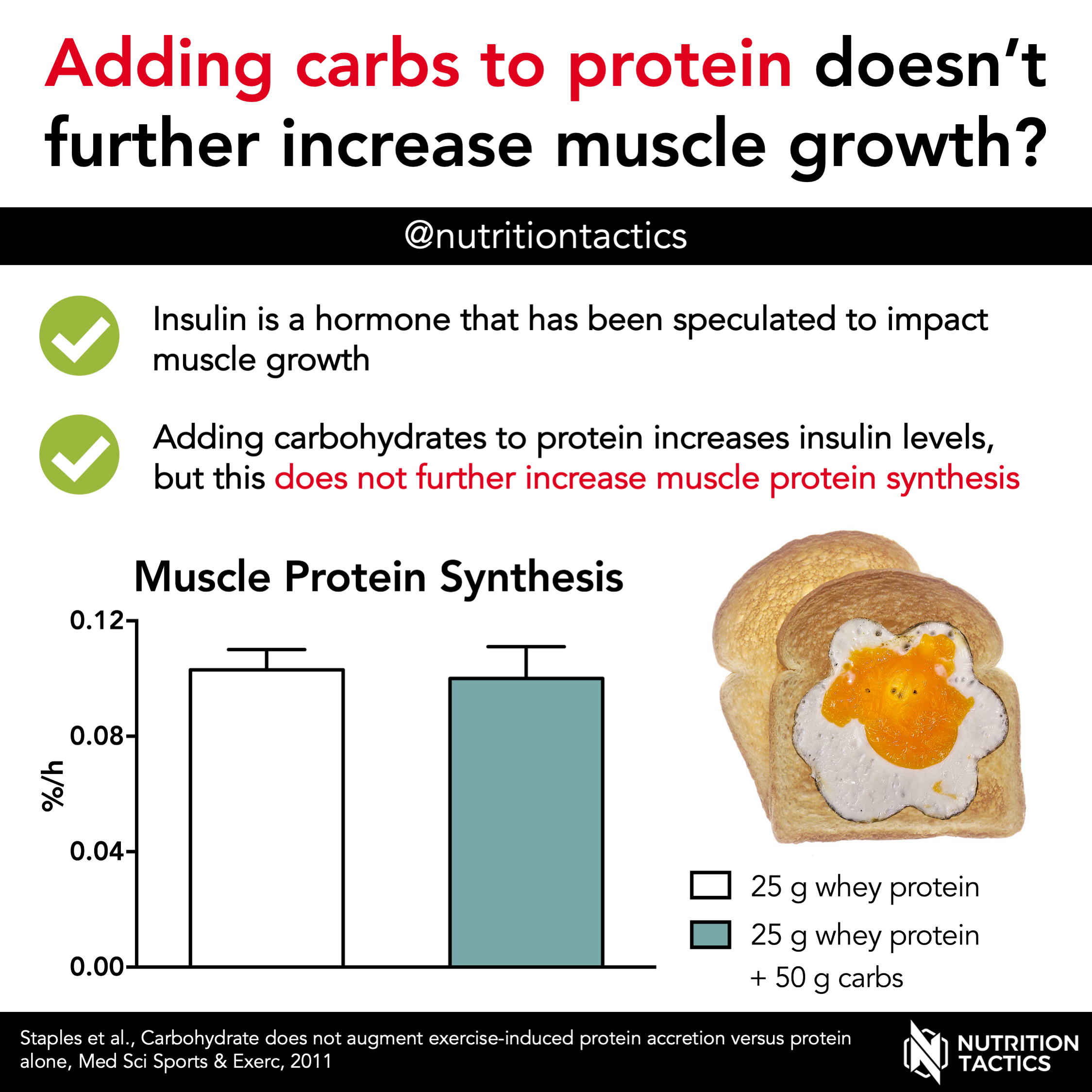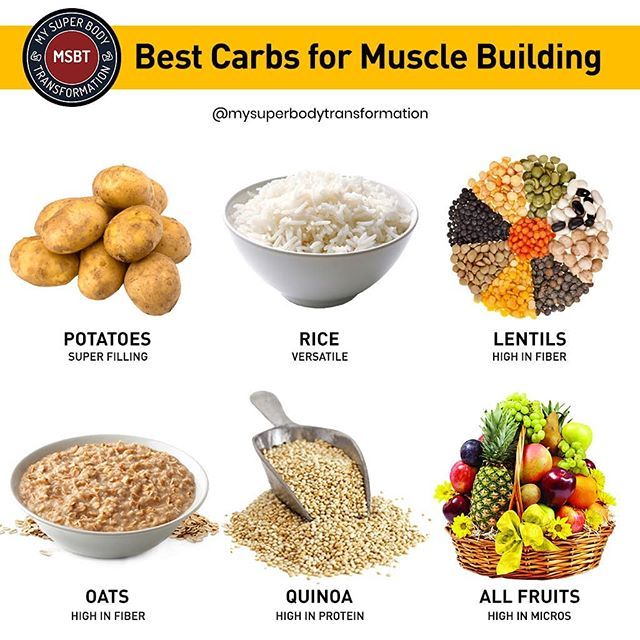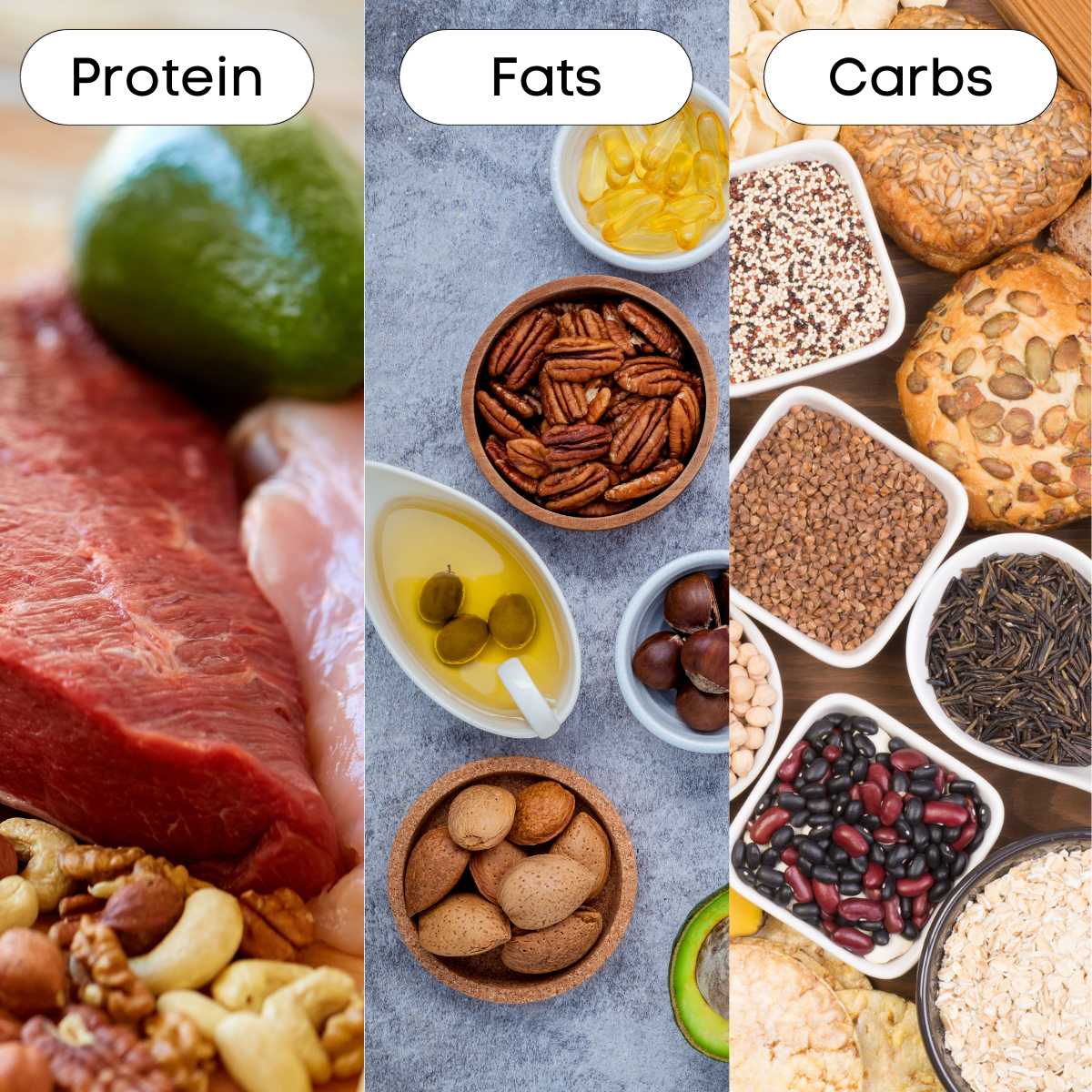Effective Ways to Optimize Carbohydrates for Muscle Building in 2025
Carbohydrates play a crucial role in muscle building and performance for athletes and fitness enthusiasts. They serve as the primary source of energy, fueling workouts and aiding in recovery. In this article, we will explore the optimal carbohydrate intake for muscle growth, focusing on healthy carbohydrates essential for athletes, carbohydrate timing, and effective nutrition strategies. The importance of understanding your carbohydrate requirements and sources will also be emphasized, ensuring you are equipped with the knowledge to optimize your diet for strength and performance.
As we delve into this topic, we will highlight the differences between fast and slow carbohydrates, the significance of meal planning, and the best practices for carbohydrate intake around training periods. Our goal is to provide you with actionable insights that can help you achieve your muscle-building goals while supporting your overall health. By the end of this article, you’ll have a roadmap for incorporating carbohydrates effectively into your muscle-building nutrition.

Understanding Carbohydrates and Their Role in Muscle Building
Building on the fundamental concept of nutrition, carbohydrates are essential macronutrients that provide energy for all bodily functions, particularly physical activities such as weight training and endurance sports. Carbohydrates are converted to glucose, which is stored in the muscles as glycogen. Adequate glycogen stores are vital for sustaining prolonged exercise and optimizing performance.
Types of Carbohydrates: Simple vs. Complex
Carbohydrates can be categorized as simple or complex based on their molecular structure. Simple carbohydrates, like sugars found in fruits and sweets, provide quick energy but can lead to blood sugar spikes. Complex carbohydrates, such as whole grains and legumes, digest more slowly, offering sustained energy release and are more beneficial for muscle building.
The Importance of Carbohydrate Timing
Proper timing of carbohydrate intake is crucial for maximizing muscle growth. Consuming carbohydrates before and after workouts can enhance performance and recovery. Before workouts, carbohydrates provide the necessary energy for training, while post-workout carbs replenish glycogen stores and aid muscle repair.
How Much Carbohydrate Do You Need?
The carbohydrate requirements vary based on individual factors such as age, sex, body weight, and activity level. On average, athletes may require between 5-12 grams of carbohydrates per kilogram of body weight daily, depending on the intensity and duration of their training sessions. Monitoring your carbohydrate needs is essential for optimizing muscle growth.
Healthy Sources of Carbohydrates for Muscle Building
With these fundamentals established, let’s explore the best sources of healthy carbohydrates that support muscle growth. Choosing high-quality carbohydrates is essential for achieving optimal performance and health.
Whole Grains as a Fuel Source
Whole grains provide an excellent source of complex carbohydrates, fiber, vitamins, and minerals. Options like brown rice, quinoa, oats, and whole wheat pasta can fuel your workouts effectively while providing the nutrients necessary for recovery. Incorporating these grains into your diet can sustain energy levels during training.
Fruits and Vegetables for Vital Nutrients
Fruits and vegetables should not be overlooked as they are not only good sources of carbohydrates but also packed with essential vitamins, minerals, and antioxidants. Bananas, berries, and sweet potatoes are great pre- and post-workout options that can help refill glycogen stores while supporting overall health.
High-Fiber Options for Digestive Health
Foods rich in dietary fiber, such as legumes and certain whole grains, contribute to digestive health and can aid in the slow release of carbohydrates. Incorporating beans, lentils, and high-fiber fruits can enhance satiety and support long-term energy levels, crucial for muscle building.

Meal Planning for Optimal Carbohydrate Intake
Now that we understand the types of carbohydrates and sources, let’s discuss practical meal planning strategies to ensure adequate carbohydrate intake for muscle building. Effective meal preparation is key to meeting your energy needs.
Creating Balanced Meals
A balanced meal containing carbohydrates, proteins, and healthy fats is crucial for supporting muscle growth and recovery. Aim for meals that include lean protein sources, healthy fats, and an appropriate portion of carbohydrates. For example, a grilled chicken breast with sweet potatoes and steamed broccoli provides a well-rounded macronutrient profile.
Snacking Smartly
In addition to your main meals, healthy snacks are an essential part of a muscle-building diet. Opt for snacks like Greek yogurt with fruit or a smoothie made with protein powder, spinach, and oats. These options provide a convenient way to boost your carbohydrate intake and keep your energy levels stable throughout the day.
Hydration and Performance
Don’t forget about hydration; it plays a crucial role in performance and recovery. Sports drinks can provide quick carbohydrates and electrolytes, especially during intense workouts or competitions. However, be mindful of the sugar content and choose options with natural ingredients whenever possible.
Carbohydrates Before and After Training
With meal planning and healthy choices in mind, let’s dive into the specific timing of carbohydrate intake around workout sessions. Proper carbohydrate timing can enhance performance and facilitate recovery.
Pre-Workout Carbohydrate Strategies
Consuming the right carbohydrates before a workout is vital. Focus on easily digestible carbohydrates, such as fruits or a slice of whole-grain bread with honey, approximately 30-60 minutes before training. This will provide a boost of energy without feeling heavy during your workout.
Post-Workout Carbohydrate Necessities
After training, your body is in a prime state to replenish glycogen stores and repair muscle. Incorporating a combination of carbohydrates and protein, like a protein shake with banana or oatmeal with protein powder, can facilitate recovery and muscle growth. Aim to consume this within 30 minutes post-exercise for optimal results.
Common Misconceptions About Carbohydrates in Diets
As we examine the relationship between carbohydrates and muscle building, it’s essential to address common misconceptions surrounding their consumption. Understanding the truth about carbohydrates can lead to better dietary choices.
The Myth of Carbs and Weight Gain
A prevalent myth is that carbohydrates lead to weight gain. In reality, excess caloric intake—regardless of macronutrient type—results in weight gain. Carbohydrates are important for fueling workouts, and when consumed in appropriate amounts, they can support muscle building without contributing to unwanted fat gain.
Carbs and Performance: The Connection
Another misconception is that low-carb diets are better for athletes. However, carbohydrates are crucial for energy production, especially in high-intensity sports. Ensuring adequate carbohydrate intake can maintain performance and endurance levels, preventing fatigue during workouts.
Q&A: Your Carbohydrates Questions Answered
How do I know if I’m consuming enough carbohydrates for muscle building?
Monitoring your energy levels, workout performance, and recovery can help assess whether you’re getting enough carbohydrates. Keep a food journal to track your intake and adjust as necessary.
What are the best carbohydrates to consume for muscle gain?
Focus on whole grains, fruits, vegetables, and legumes. These provide quality carbohydrates that support muscle growth while also offering additional nutrients.
Is it important to eat carbohydrates after a workout?
Yes, consuming carbohydrates post-workout is essential for replenishing glycogen stores, enabling muscle recovery, and improving overall performance in subsequent training sessions.
Can I still build muscle on a low-carb diet?
Building muscle on a low-carb diet is more challenging, as carbohydrates are key for energy. If you choose a low-carb approach, ensure you’re consuming enough calories and protein to support muscle growth.
How can I effectively incorporate carbohydrates into my daily meals?
Creating a balanced meal plan that includes a mix of complex carbohydrates, proteins, and healthy fats is essential. Using easy meal prep strategies can help ensure you’re consuming the right amounts consistently.
